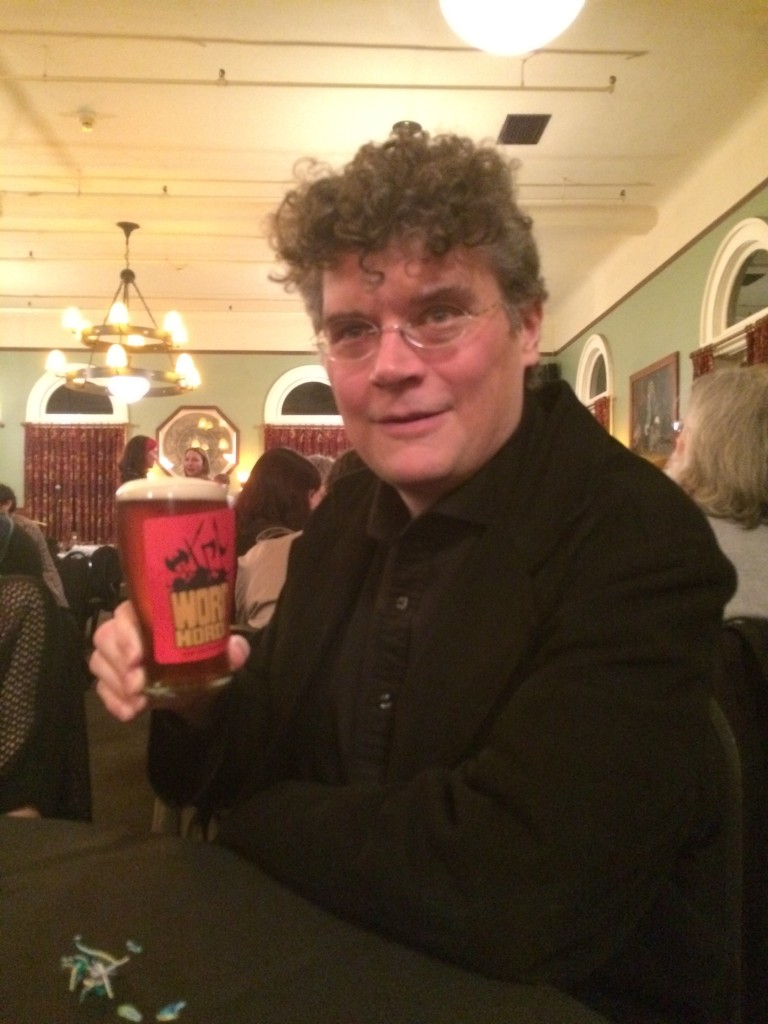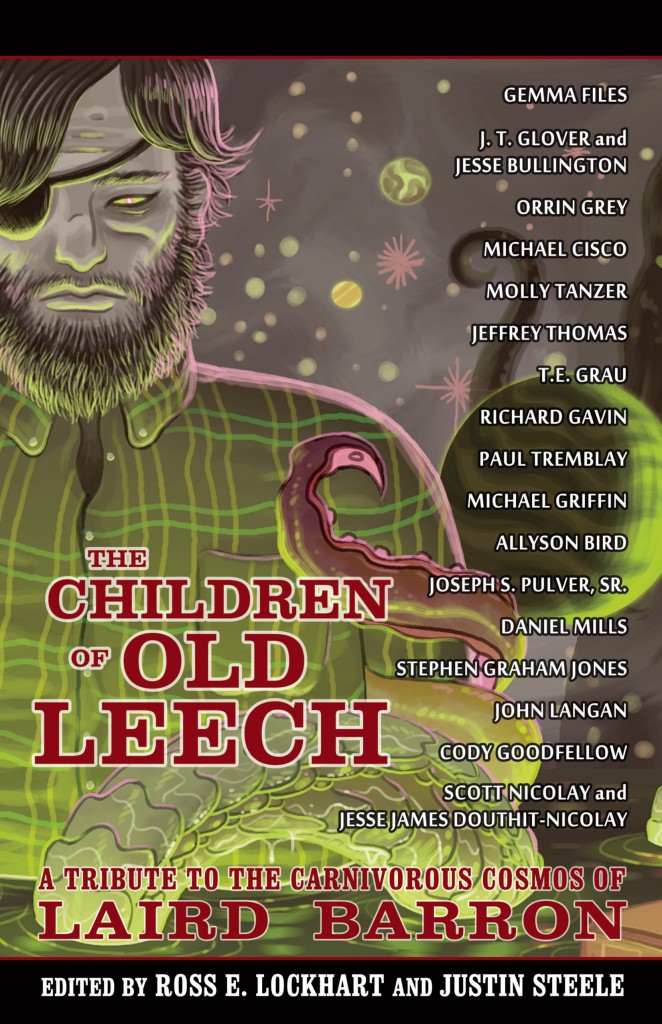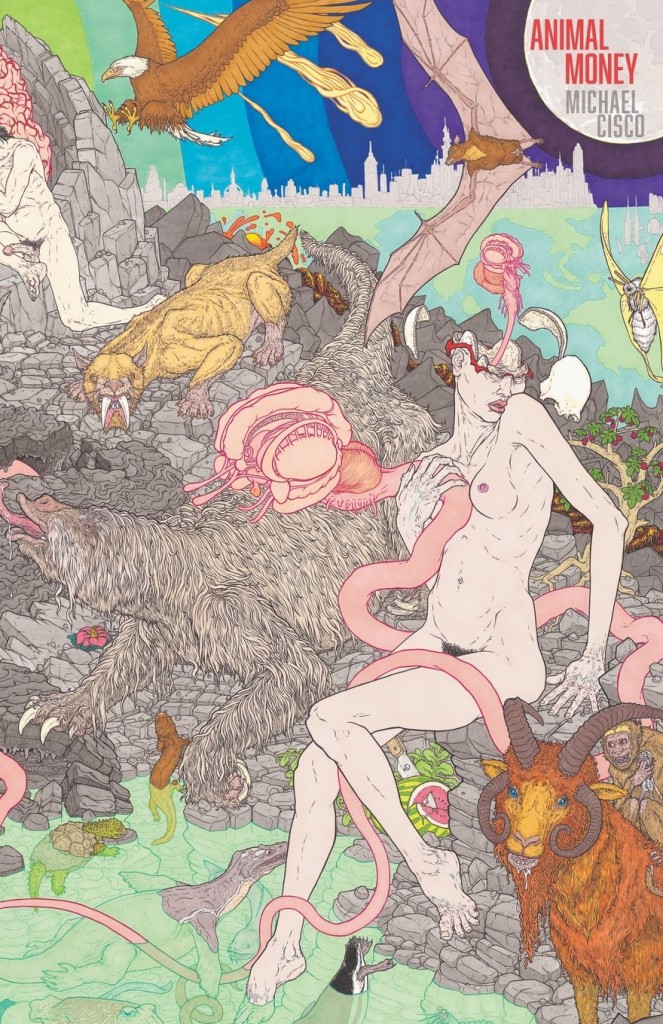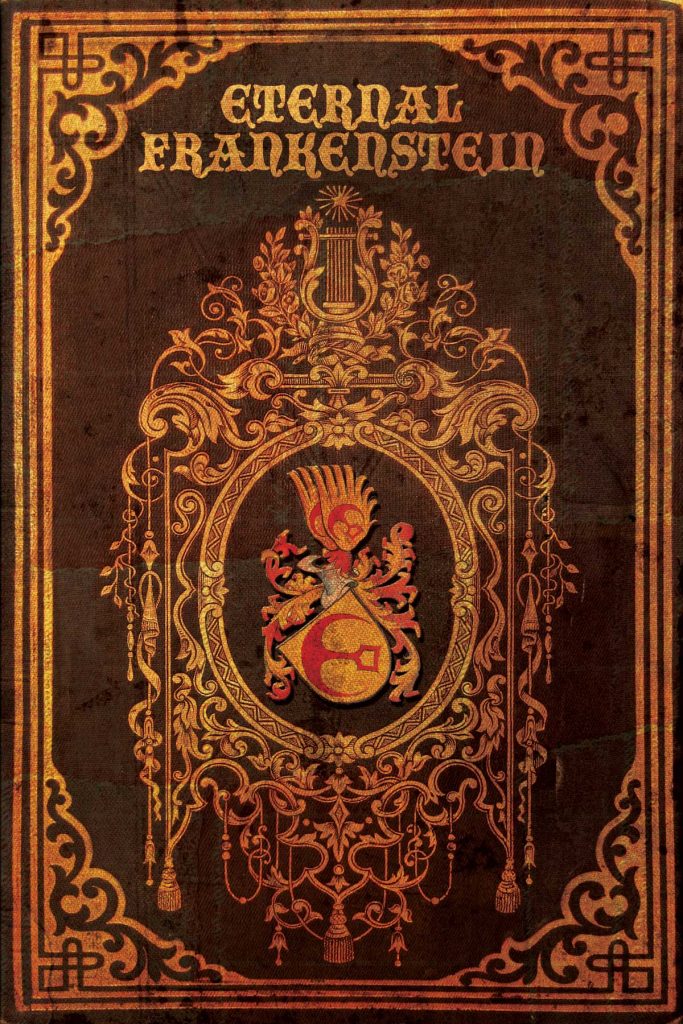For our latest Word Horde interview, Sean M. Thompson tracked the legendary Weird Fiction author and whiskey aficionado Michael Cisco to his lair, and asked him the following questions…
What do you think the role of genre is in regards to fiction?
Genre is a memory image that gathers together a local micro-canon around a given piece of writing. Reading just about anything, you will see how it repeats settings, phrasings, movement through plot points, and so on, from other writings. This isn’t necessarily copying, though. Where there’s just copying, there really isn’t any new writing there, just another older story poorly recollected. The writing is new not just in what influences it combines, but in that it connects with ideas and impulses from earlier works and extends them. So genre is the landscape a piece of writing uses, but it’s also an orientation.

Your story from The Children of Old Leech contains a pretty brutal scene with someone breaking their neck after slipping on frozen urine. How did you come up with such a terrible way to die?
It just occurred to me, the right amount of disdain, with a dim echo of Roald Dahl when it came to the melting evidence. It had to be something that could not be attributed to the main character, so that I wouldn’t have to take us on a sidelight through a prison term. Then again, that might have turned out better than what I did.

Do you find yourself gravitating to any theme over and over again in your fictional output?
Decay, delirium, some kind of altered monasticism, self-conscious writing and a sort of paranoid universe. Generally I’m looking for ways to invert what seem to me to be common sense notions about things, so I would be looking for a way to make decay or delirium affirmative. That’s difficult to the extent that so much horror fiction valorizes what’s normal.
Do you get up to a lot of stuff of Halloween?
Not really, not any more. I would like to, but all I really manage to do is carve a pumpkin and watch a few movies, read a few stories.
What’s the scariest thing you can remember happening to you this year?
Air turbulence. I don’t fear crashing, but I do fear sudden plunges.
Do you have any writing rituals?
All of writing is a ritual for me. Generally, I listen to music before writing, taking notes if anything occurs to me. I don’t write on days when I have to go to work, because I don’t want to write with any distractions or fatigue. I wear earplugs when I write, but then I live in New York City. And I don’t sit there waiting to find something to say. I write what I have to write, then quit.
Do you believe in the supernatural?
I don’t believe that there is anything beyond or external to nature. I do believe that nature itself is in a continual state of change, and not a body of fixed rules. I don’t like to see anything impinge on the imagination or the reason, so rather than take a censorious view of the supernatural, I would rather think about it. This has been the thrust of what academic work I’ve been able to do.
If you could impart any advice on aspiring writers, what would it be?
Your problems are worth more than your answers. When a compositional or conceptual problem arises as you write, you’ve just found what you were really writing about. Include the problem in the writing. The problem is the motor.

Michael Cisco’s latest is Animal Money, out now from Lazy Fascist Press.
Want to help Word Horde prove that weird fiction can be a force for good in the world? Make a donation to a food bank or food-related charity near you, then share the experience on social media using the hashtag #FeedCthulhu. You can score a free e-book of Cthulhu Fhtagn!, plus be entered in a chance to win a signed copy of the book. Plus, through the end of November, you can take 20% of any direct order with Word Horde using the coupon code THANKS. Details here!




